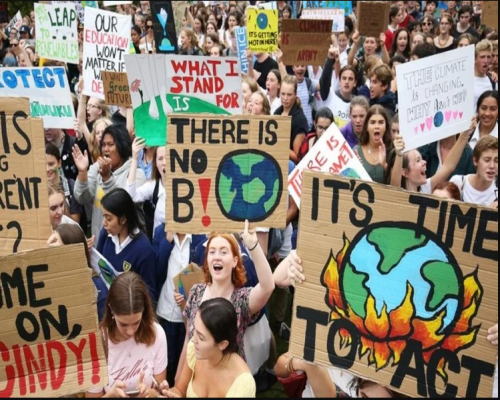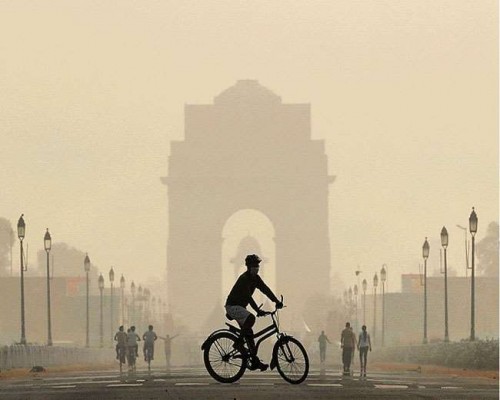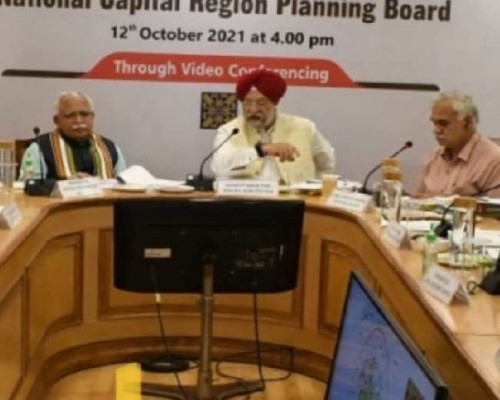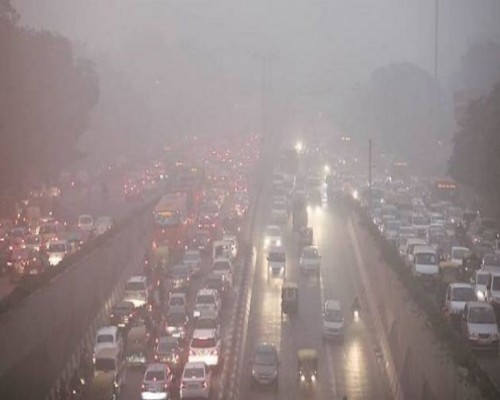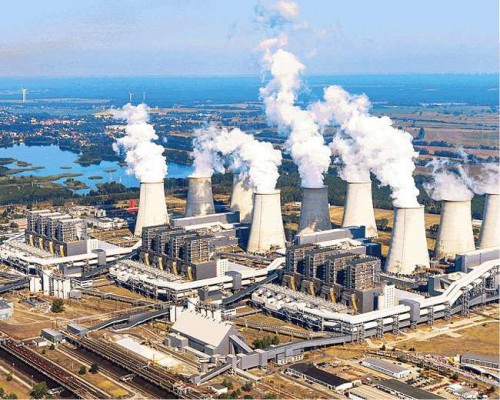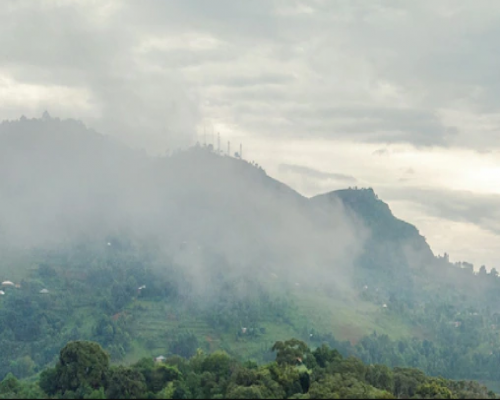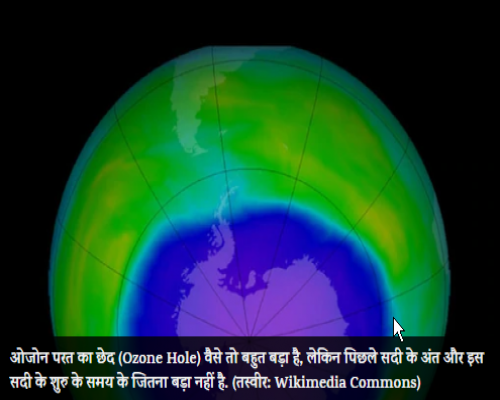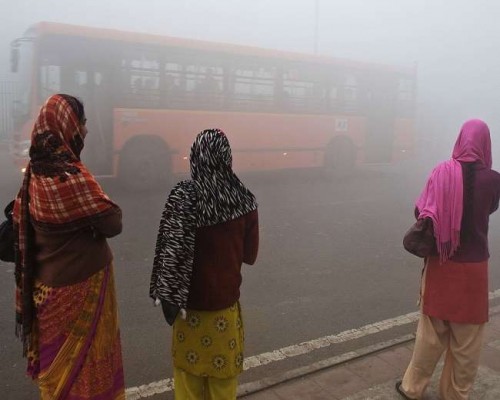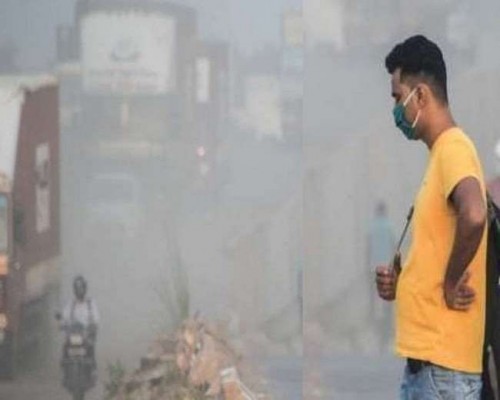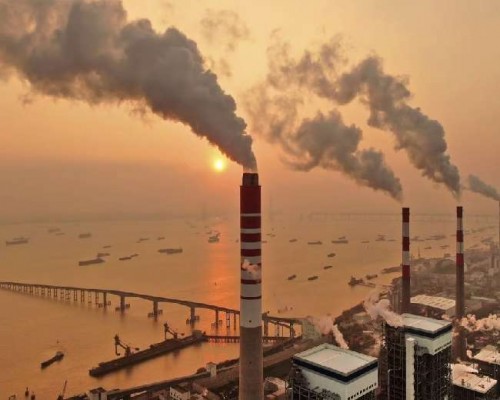Nearly 50% of Positions in Pollution Control Boards Across the Country Are Vacant

From large cities to smaller towns across the country, pollution levels are rising rapidly. However, the Pollution Control Boards at the central and state levels are suffering from a massive shortage of officers and employees. This situation has led to a lack of enforcement in controlling pollution. The number of vacant positions in these boards and committees is alarming, as they lack skilled personnel to fill critical roles.
The National Green Tribunal (NGT) has directed that all vacancies be filled by April 30, 2025. According to a report presented by the Central Pollution Control Board (CPCB) to the tribunal, there are 5,671 vacant positions in various pollution control boards and committees across the country, representing nearly 50% of the total sanctioned positions.
Vacancies in Key States:
- Uttar Pradesh: Out of 732 posts, 339 are vacant, and 348 positions have remained unfilled for 29 months.
- Bihar: Out of 127 posts, 100 are vacant, with 227 positions remaining unfilled for over two months.
- Jharkhand: 198 out of 271 posts are vacant.
- Delhi: Out of 344 posts, 152 are vacant, with 423 positions remaining unfilled for more than 35 years.
- Uttarakhand: 79 out of 130 posts are vacant.
- Haryana: 272 out of 450 posts are vacant.
- Punjab: Out of 652 posts, 243 are vacant, and 423 have remained unfilled for over 35 years.
Main Reasons for Unfilled Positions:
The CPCB's report highlighted several reasons for the vacancies. Among them are:
- Lack of timely government approval for recruitment.
- Delays in filling up sanctioned posts.
- Underqualified or unskilled candidates applying for technical and professional roles.
This situation poses a significant challenge for managing pollution levels across the country. The tribunal has urged swift action to fill these positions to ensure pollution control boards can effectively perform their duties.
Highly Polluted Cities on the List:
According to a report from the government’s Center for Research on Energy and Clean Air, Saharsa in Bihar and 32 other cities across India, including Delhi, rank among the most polluted. The findings have raised concerns, and efforts to manage air quality in these regions are ongoing, but the lack of staffing in pollution control bodies is a major setback.





